Who was Ernest Becker?
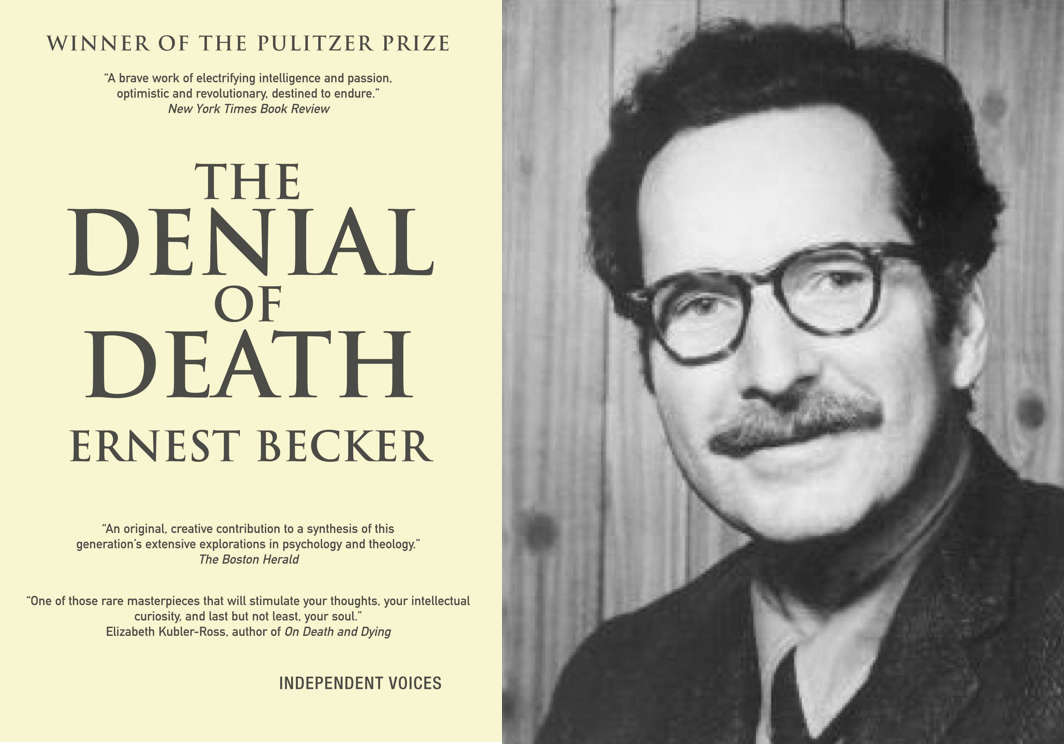 In the labyrinth of the evolving profession of psychology few books have had as subtle influence on the profession as Ernest Becker’s “The Denial of Death.” Awarded the Pulitzer Prize for General Non-Fiction in 1974, this groundbreaking book offers a profound exploration into the human psyche’s struggle with and avoidance of the inevitability of death. Becker’s thesis, rooted in the concept of “terror management theory,” suggests that the fear of death underpins much of human behavior, driving us to construct elaborate psychological defenses to cope with this existential dread. This article aims to dissect the intricate arguments, themes, and potential resolutions presented in Becker’s magnum opus, underscoring its pertinence in our contemporary quest for meaning and legacy.
In the labyrinth of the evolving profession of psychology few books have had as subtle influence on the profession as Ernest Becker’s “The Denial of Death.” Awarded the Pulitzer Prize for General Non-Fiction in 1974, this groundbreaking book offers a profound exploration into the human psyche’s struggle with and avoidance of the inevitability of death. Becker’s thesis, rooted in the concept of “terror management theory,” suggests that the fear of death underpins much of human behavior, driving us to construct elaborate psychological defenses to cope with this existential dread. This article aims to dissect the intricate arguments, themes, and potential resolutions presented in Becker’s magnum opus, underscoring its pertinence in our contemporary quest for meaning and legacy.
The Core of Becker’s Argument: Terror Management Theory
Becker introduces the concept of terror management theory as the foundation of his thesis, proposing that all human culture is ultimately an elaborate, symbolic defense mechanism against the knowledge of our mortality. This theory suggests that in order to manage the terror stemming from our awareness of death, humans create cultural worldviews—myths, religions, and philosophies that imbue life with meaning and contribute to a sense of permanence and legacy.
The Quest for Immortality: Symbolic and Literal
Humans, according to Becker, engage in a dual quest for immortality: symbolic and literal. Symbolic immortality is sought through achievements, creations, and contributions that ensure one’s name and legacy live on long after physical death. Literal immortality, on the other hand, is pursued through religious and spiritual beliefs in an afterlife or reincarnation, providing a more direct denial of death’s finality.
Symbolic Immortality Through Wealth and Power
The accumulation of wealth and the quest for power are seen as primary mechanisms for achieving symbolic immortality. By amassing fortunes and erecting monuments—whether they be skyscrapers, corporations, or charitable foundations—individuals strive to leave behind a tangible mark of their existence. This drive is often fueled by the desire to be remembered, to have one’s name etched into the annals of history, and to influence future generations.
Legacy Through Progeny: The Ego’s Extension
Becker delves into the complex dynamics of familial legacy, examining how the desire to live on through one’s progeny can manifest in unhealthy expectations and pressures. This aspect of immortality seeking involves projecting one’s ambitions, values, and unfulfilled dreams onto children, viewing them not as independent beings but as extensions of oneself. This, Becker argues, can stifle personal growth and lead to generational conflicts.
The Role of Religion and Ideology
Religion and ideology play crucial roles in Becker’s analysis, serving as both solace and sanctuary from the terror of death. Through religious belief and ritual, individuals connect with a sense of eternal life, whether it be in the form of heaven, reincarnation, or spiritual legacy. Ideologies, including political and social movements, offer a different kind of immortality, promising one’s place in the trajectory of history.
Navigating Mortality: Towards Healthier Engagements
Despite the grim undertones of Becker’s thesis, he does not leave us adrift in existential despair. Instead, he offers pathways towards healthier engagements with our mortality, emphasizing authenticity, creativity, and altruism as means to transcend the fear of death.
Authenticity and Individuality
Becker advocates for an embrace of authenticity and individuality, urging us to live in accordance with our true selves rather than conforming to external expectations or societal norms. By fostering genuine self-expression and pursuing passions, we can create a life that, while finite, is rich in meaning and satisfaction.
Creativity as Legacy
Artistic and creative endeavors offer powerful avenues for confronting and transcending the fear of death. Through creation—be it art, literature, music, or innovation—we leave behind a piece of ourselves, a testament to our existence that can inspire, comfort, and provoke long after we are gone. This form of legacy, rooted in positive contribution rather than domination or control, represents a more constructive engagement with the desire for immortality.
Altruism and Making a Difference
Altruistic actions and the desire to make a positive impact on the world reflect another path towards a meaningful legacy. By contributing to the betterment of society, championing causes, and helping those in need, we achieve a sense of connection to something larger than ourselves. This, Becker suggests, can mitigate the terror of death by embedding our lives within a broader narrative of human progress and compassion.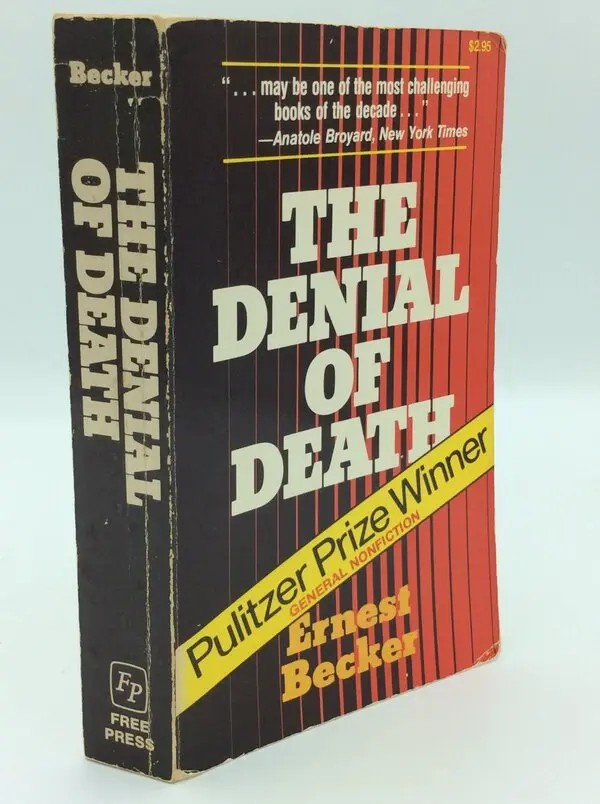
Embracing Mortality, Enriching Life
Ernest Becker’s “The Denial of Death” serves as a profound meditation on the human condition, offering both a diagnostic of our deepest fears and a prescription for living a meaningful life. By confronting the reality of our mortality, we are invited to reconsider our priorities, values, and the legacy we wish to leave behind. Becker’s work, though anchored in the psychological theories of the 20th century, remains a timeless guide for those seeking to navigate the complexities of existence with courage, creativity, and compassion. In an age marked by rapid change and existential uncertainties, the wisdom encapsulated in “The Denial of Death” echoes louder than ever, urging us to face our fears and embrace the finite nature of life as a catalyst for genuine fulfillment and lasting impact.
Bibliography
Becker, E. (1973). The Denial of Death. New York: Free Press.
Greenberg, J., Pyszczynski, T., & Solomon, S. (1986). The causes and consequences of a need for self-esteem: A terror management theory. In R. F. Baumeister (Ed.), Public Self and Private Self (pp. 189-212). New York: Springer-Verlag.
Yalom, I. D. (2008). Staring at the Sun: Overcoming the Terror of Death. San Francisco: Jossey-Bass.
Solomon, S., Greenberg, J., & Pyszczynski, T. (2015). The Worm at the Core: On the Role of Death in Life. New York: Random House.
Influential Psychologists






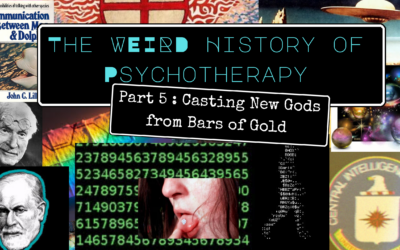
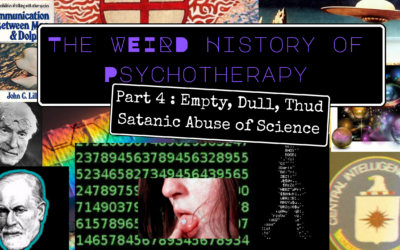
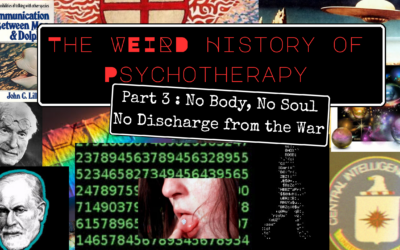
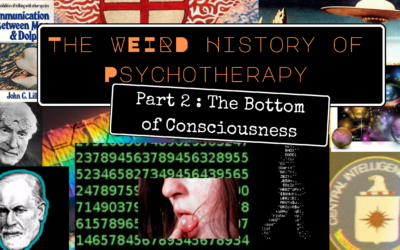



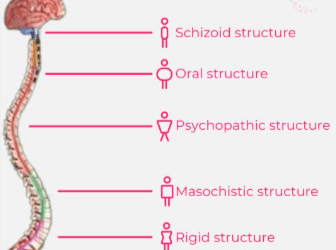






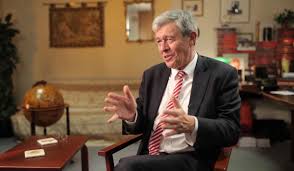

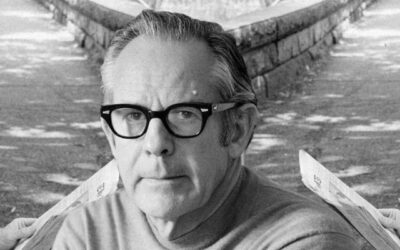
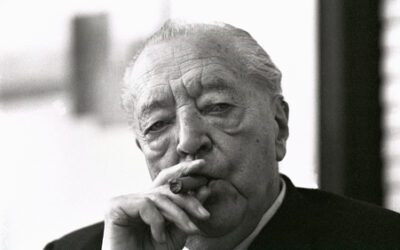
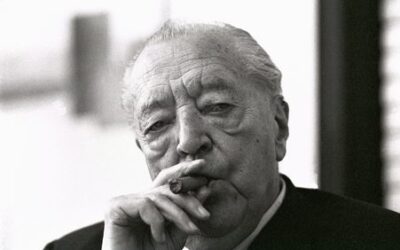
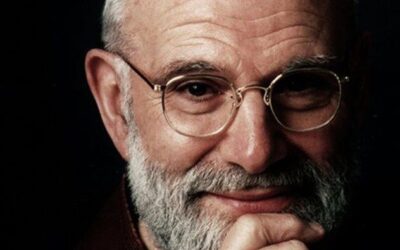
0 Comments